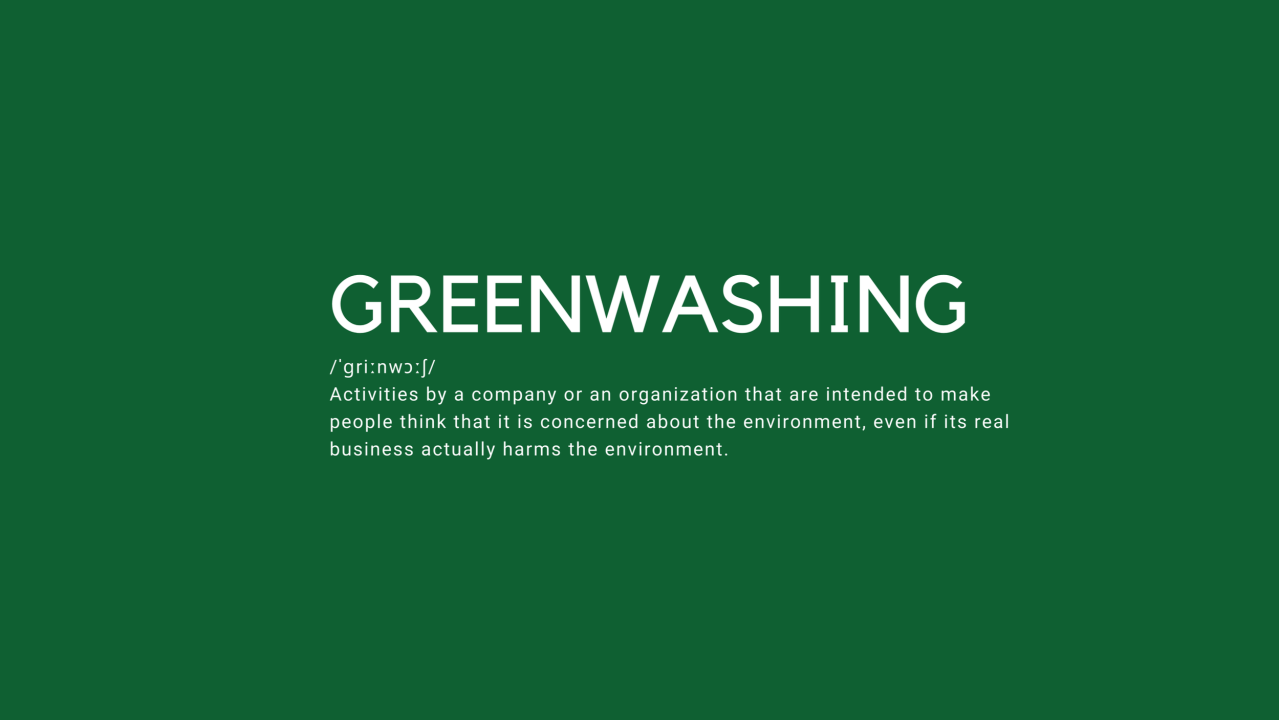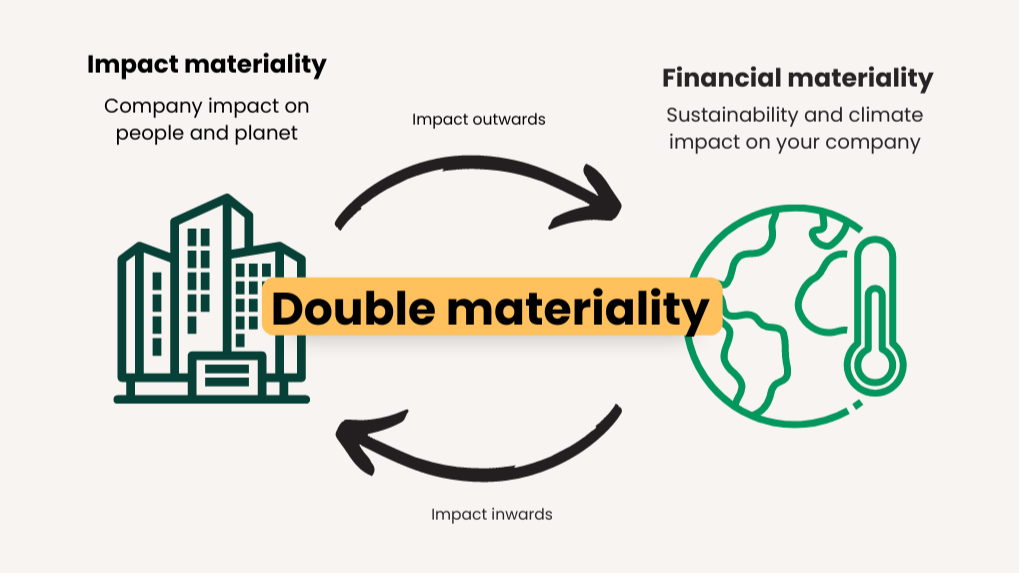Greenwashing has become a significant challenge in today’s world. While many companies genuinely commit to reduce their environmental footprint, others misuse the concept to gain consumer trust without meaningful action.
What is Greenwashing?
Greenwashing is a deceptive marketing practice where companies make exaggerated or false claims about their environmental efforts. The term, Introduced by environmentalist Jay Westerveld in 1986, originally highlighted superficial corporate actions, such as hotel towel reuse programs marketed as eco conscious but implemented primarily to cut costs. Today, greenwashing coming in more sophisticated forms, making it harder for consumers and regulators to identify. It includes vague advertising, misleading certifications, and hiding significant negative environmental impacts.
Common Tactics of Greenwashing
- Vague Claims – Buzzwords like “eco-friendly,” “natural” or “green” are used without providing measurable or verifiable evidence.
- Irrelevant Highlights – Highlighting minor environmental benefits while ignoring the broader negative impact. For example, marketing a product’s recyclable packaging while overlooking its high carbon footprint.
- Misleading Certifications – Using unverified or self created certifications to appear environmentally responsible.
- Hidden Trade offs –Promoting one eco friendly feature of a product while ignoring other detrimental effects, such as high water usage, toxicity effects, or other pollutions in the life cycle.
Why is Greenwashing a Problem?
Greenwashing undermines sustainability efforts at both individual and global levels.
- Erosion of Trust – Consumers lose confidence in brands and sustainability initiatives when they uncover deceptive practices.
- Regulatory and Legal Risks – Companies can face fines and penalties for false environmental claims.
- Delayed Climate Goals – Greenwashing diverts attention and resources from genuine efforts, slowing global progress on climate action.
How Companies Can Avoid Greenwashing
For companies, the focus should be on building trust through genuine sustainability efforts. Here are some actionable steps,
- Transparency – Share detailed data and methodologies behind sustainability claims.
- Adherence to Standards – Follow recognized standard frameworks.
- Use Life Cycle Assessment (LCA) – This scientific tool provides a holistic view of a product’s environmental impact, ensuring claims are data-driven and credible.
How Consumers Can Identify Greenwashing
Consumers play a vital role in holding companies accountable. Here’s how they can spot and avoid greenwashing,
- Ask Questions – Look for clear, specific claims instead of vague buzzwords.
- Verify Certifications – Trust only third-party verified certifications.
- Read Sustainability Reports – Companies genuinely committed to sustainability often publish detailed reports with measurable data.
Building a Greenwashing Free Future
Overcoming greenwashing requires a collaborative effort between businesses, regulators, and consumers.
- Businesses – Adopt tools like LCA, adhere to standards, and prioritize transparency.
- Regulators – Enforce more strict laws and require scientific evidence for sustainability claims.
- Consumers – Support brands that are transparent, data-driven, and genuinely committed to sustainability.
Greenwashing poses a significant challenge to the global sustainability movement, By embracing tools like Life Cycle Assessment, adhering to standards, and fostering transparency, businesses can build trust and drive genuine environmental progress. Consumers have a powerful role in demanding accountability and supporting authentic efforts. Together, we can pave the way for a greener, more sustainable future.





Companies often neglect to have written standards and policies around their cybersecurity. Why? Because dozens of them are usually needed, covering everything from equipment management to backup procedures, admin credentialing, remote work policies, and so much more. But it’s well worth the effort.